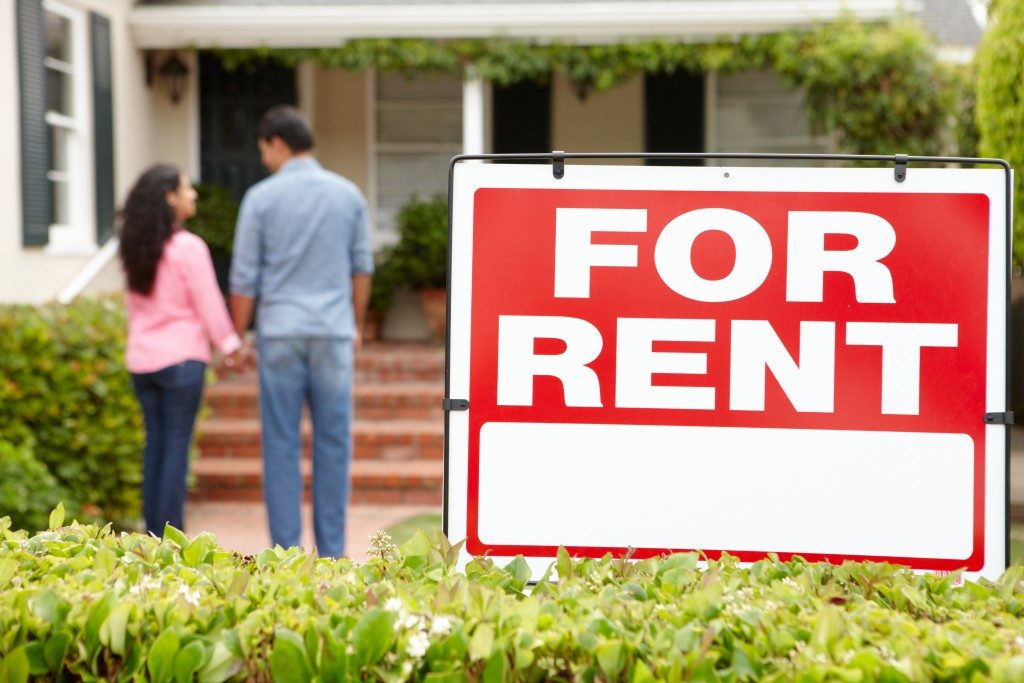Leasing or renting a space is always a fun prospect until you have to read the fine print. These documents can be as short as a single page or as long as a constitution. Nonetheless, they shouldn’t spare any terms and conditions, both for the landlord’s and the tenant’s sake.
One of the most commonly pinned sections of the contract is the restrictions. These are where most tenancy disputes take off. Thus every point must be crystal clear. Should you run into issues while leasing space in Townsville, skillful property lawyers are at your disposal. Here’s what you should consider before signing the dotted line:
Restrictions on occupants
Technically, landlords can limit the number of occupants allowed to live in their rental space, but this should comply with applicable housing laws. Occupancy standards on the minimum or maximum number of tenants should be based on the number of bedrooms and bathrooms. Landlords can set the number with justifiable reasons, such as protecting the property or maintaining order if it’s a high-density building.
Restrictions on repair and maintenance
Usually, tenancy contracts assign the accountability of maintenance to the landlords. This typically includes the provision of utilities like electricity and water, the presence of proper trash receptacles, and compliance to all building safety codes.
It is illegal to make tenants responsible for repairs. Still, they are responsible for the maintenance of things within the property, such as plumbing and septic maintenance, pest control, landscaping, and proper appliance.
Restrictions on renovation
Since landlords must keep their property up to code, renovation rights mostly depend on state laws. However, tenants aren’t held to the same liberties. Especially if they’re planning to apply permanent changes to space, tenants should have explicit knowledge of what they can or cannot do to the property.
While landlords are not legally obligated to reduce the rent to reimburse a tenant’s renovation, what the latter could do as legal action is to claim compensation, the terms of which should also be stipulated in the contract.
Restrictions on property use
Most lease contracts will run through limitations on usage of the property, which generally includes limiting the property to purely residential use. If you’re living in a building, typical usage limits also include restrictions on guest visits, pet ownership, and adding amenities.
Contracts should also highlight limits to tenant behavior. This entails prohibiting reckless or disruptive behavior, excessive noise, and illegal activity.
Restrictions on utilities
As mentioned, utilities should be entirely shouldered and doled out by the landlord. However, a necessary follow-through should outline how to pay for and use accorded utilities responsibly. This means agreeing over who pays for the power, gas, water, satellite service, Internet connection, and other housekeeping services.
Also, it is illegal for landlords to freeze utilities for any reason. Contracts should also disclose shared utility arrangements and, if so, a monthly breakdown of usage.
Restrictions on subletting
From the get-go, it should be evident that any tenant cannot rent the property to a non-tenant without the landlord’s consent. Likewise, a landlord cannot lease a tenant’s property to another tenant or other tenants in the same building without your permission. Once approval is acquired, the current tenant should not be able to profit off the subtenant, and they should lease the entire property and not just a part of it.
Looking out for these restriction terms saves both the landlord and the tenant from the stress of pursuing legal action. To be extra careful, make sure to go over the grounds for termination of the tenancy as well.

